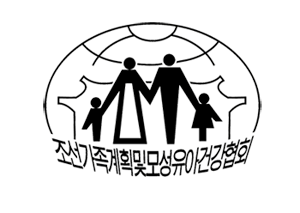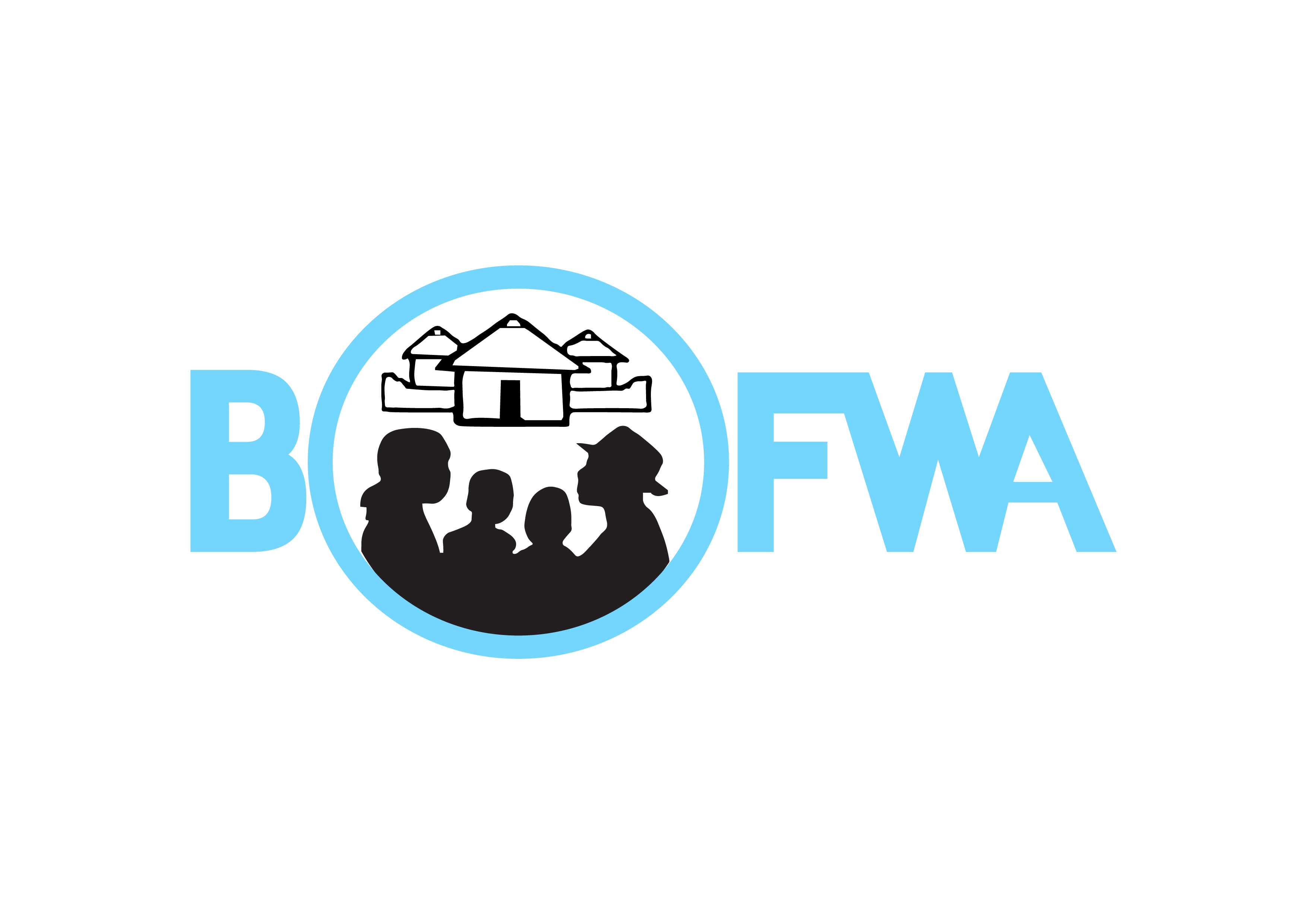

| 31 March 2016
Korean Family Planning & Maternal Child Health Association of DPRK
The Democratic People’s Republic of Korea (DPRK): Family Health Association of Korea (FHAK) formerly Korean Family Planning & Maternal and Child Health Association (KFP&MCHA) was established in 1990. Family Health Association of Korea is actively supported by the government to diversify family planning services and to improve their quality. One of the major challenges is geographic inequality. 80% of the country’s land mass is mountainous, with mining constituting a major industry. Large numbers of people live in this area, working in coal and mineral mines and forest stations. Fertility rates are much higher than in large urban areas, the contraceptive prevalence rate is much lower, and the number of trained family planning advisers is limited. FHAK has targeted these people with reproductive healthcare and information, education and communication (IEC) programmes. Contraceptive prevalence has increased, and the method mix has shifted significantly from IUD to pills, condoms and sterilization. In 2010, FHAKdelivered 538,000 condoms and 138,000 sexual and reproductive health services through 17 service points, including 9 permanent clinics and 8 mobile facilities. The Democratic People’s Republic of Korea (DPRK): Family Health Association of Korea (FHAK) is actively supported by the government to diversify family planning services and to improve their quality. One of the major challenges is geographic inequality. 80% of the country’s land mass is mountainous, with mining constituting a major industry. Large numbers of people live in this area, working in coal and mineral mines and forest stations. Fertility rates are much higher than in large urban areas, the contraceptive prevalence rate is much lower, and the number of trained family planning advisers is limited. FHAK has targeted these people with reproductive healthcare and information, education and communication (IEC) programmes. Contraceptive prevalence has increased, and the method mix has shifted significantly from IUD to pills, condoms and sterilization. In 2010, FHAK delivered 538,000 condoms and 138,000 sexual and reproductive health services through 17 service points, including 9 permanent clinics and 8 mobile facilities.

| 31 March 2016
Botswana Family Welfare Association
In Botswana, HIV prevalence rates are among the highest in the world: over 33% of the total population is living with HIV and AIDS. There’s a severe shortage of skilled health personnel, and very limited resources in the national health system. Formed in 1988, the Botswana Family Welfare Association (BOFWA) is fighting hard to fill the gap, but the challenge is enormous. The organization’s programmes target young people, sex workers, orphans, people with hearing and speech problems, and internally displaced persons. It provides family planning, infertility management, maternity services, voluntary counselling and testing (VCT), antenatal care and the diagnosis and treatment of sexually transmitted infections (STIs) including HIV and AIDS. Most of BOFWA's clients are poor, marginalized, socially excluded and/or under-served. BOFWA uses a variety of different methods to reach poor and marginalized groups and communities, and works hard to develop acceptance of, and support for sexual and reproductive health services and programmes among community leaders, politicians and the police. BOFWA is proud of its achievements, but knows that there is an immense amount of work to be done. BOFWA aims to expand its services substantially in years to come. BOFWA works in close partnership with the National Council on Population and Development (NCPD, a government agency), with non-governmental organizations including Botswana Christian Aids Intervention (BOCAIT) and with private sector groups including the Botswana Confederation of Commerce, Barclays Bank of Botswana, and Barlow World. BOFWA also partners with the Botswana Network of People Living with HIV and AIDS, the Botswana National Youth Council and the Botswana Network of Ethics and Law for HIV and AIDS. Contacts Website: http://www.bofwa.org.bw/ Facebook: https://www.facebook.com/Botswana-Family-Welfare-Association-275893025804336/







